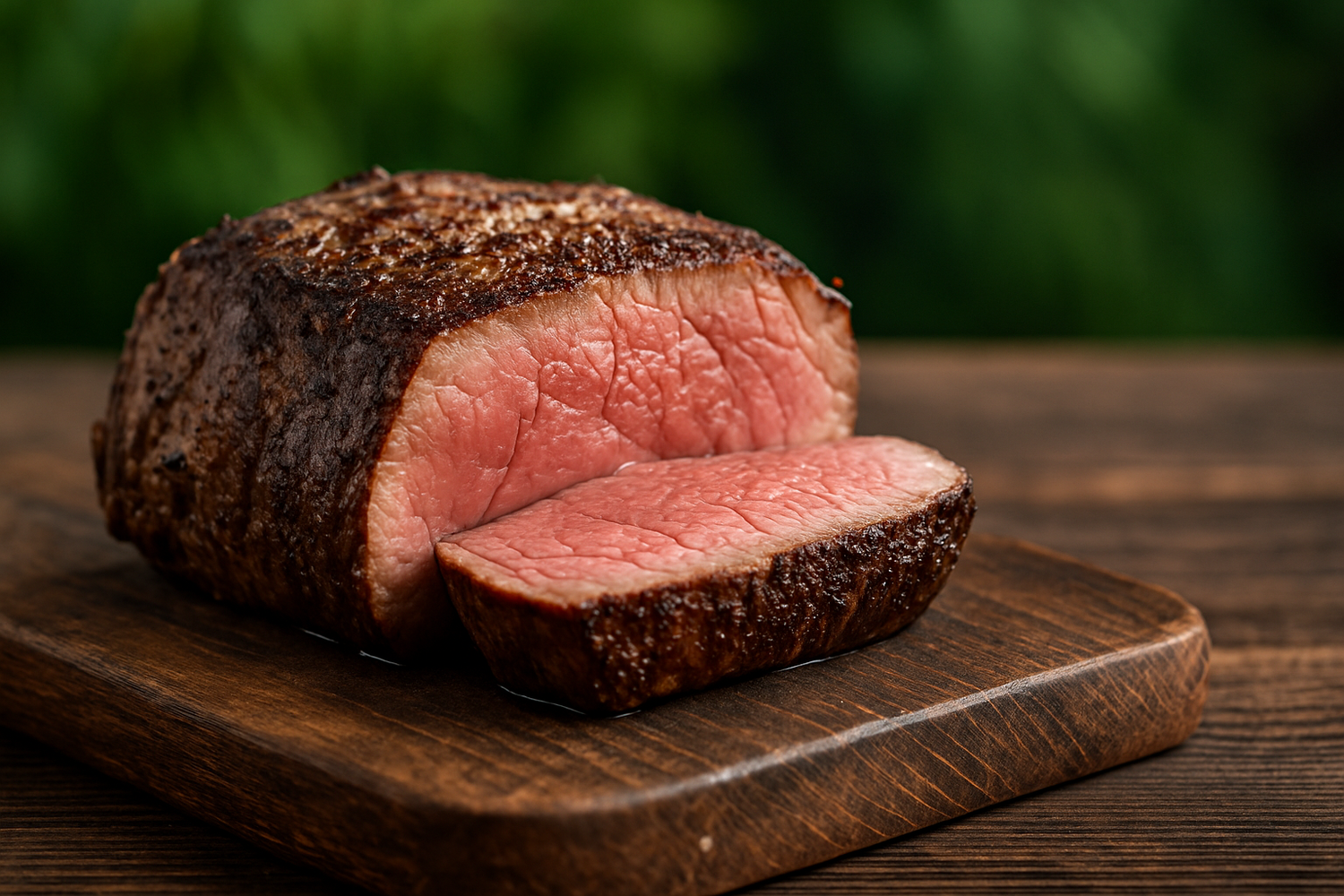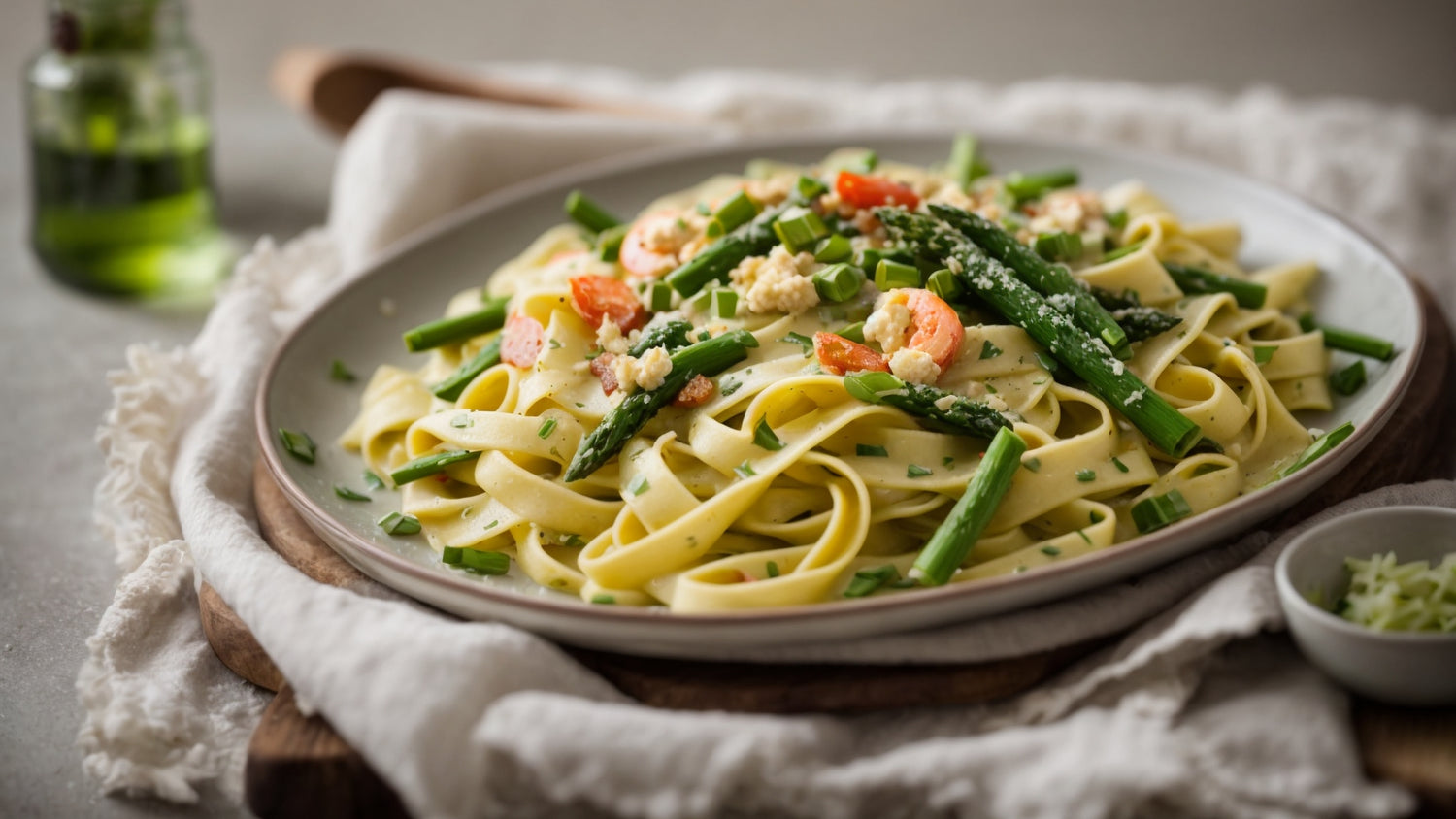Glucose is stored in the liver and muscles in the form of glycogen, fatty acids are stored in the form of triglycerides in fat cells, while proteins are not accumulated, but simply build up tissues and muscles.
If we think about the history of our species, about the conditions of scarcity of food in which we evolved, it is clear that ketosis is a form of adaptation that allows us to obtain nourishment for the brain when carbohydrates are not available , using the fat accumulated in the rare moments of abundance.[/vc_column_text][vc_custom_heading text="The human body is able to function very well even on zero (yes, zero!) carbohydrates a day for life, while on zero protein and/or zero fat it survives much less time." use_theme_fonts="yes"][vc_column_text]We live surrounded by carbohydrates : bread, pasta, sweets, fruit. Those who follow a traditional diet consume many of them throughout the day, from breakfast to dinner. Is it possible to do without it?
To this question, many people would answer no, because imagining depriving yourself of it is really very difficult. Yet, the benefits of giving up carbohydrates far outweigh the sacrifices required.
The need to almost completely eliminate foods that contain carbohydrates triggers panic in the minds of those who approach a low-carb lifestyle. And now what do I eat? Actually, the answer is simple: everything.
In the sense that there is a very long list of foods with or without carbohydrates : any type of meat and fish , vegetables , eggs , cheeses (in moderation).
Carbohydrates are the main cause of the irresistible sense of hunger that affects those who consume them. Indeed, more than hunger , it should really be called a desire for carbohydrates .
In fact, eating them leads to an increase in insulin, which causes a glycemic peak. When this peak wears off, the body begins to crave new carbohydrates. A low -carb diet breaks this mechanism, and makes hunger more controllable and manageable fat .
In addition, it has a positive effect on the overall health of the organism . For example, it allows you to keep your blood sugar under control (a fundamental element for those suffering from diabetes). At the same time, in the long term, it allows to decrease the risk of the onset of inflammatory phenomena , such as arthritis and dermatitis. [vc_column_text]Here then we can find ourselves in a condition where:
- we are not very patient and intolerant : we are often irritated and get angry over a trifle
- sleep is disturbed , we wake up repeatedly during the night and find it hard to get back to sleep
- we have widespread joint pain and we think it's the fault of age
- we always feel very hungry even shortly after eating
- our intestines are colicky or too sluggish , aching and with fermentation





